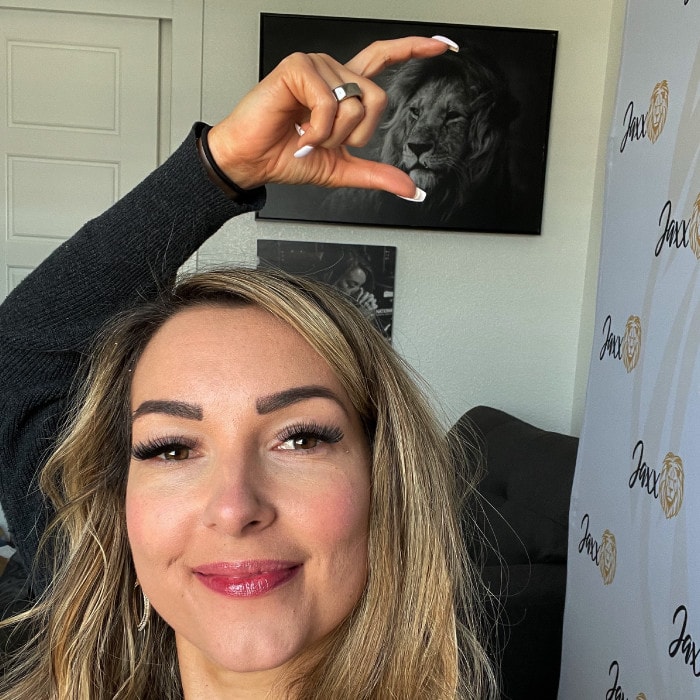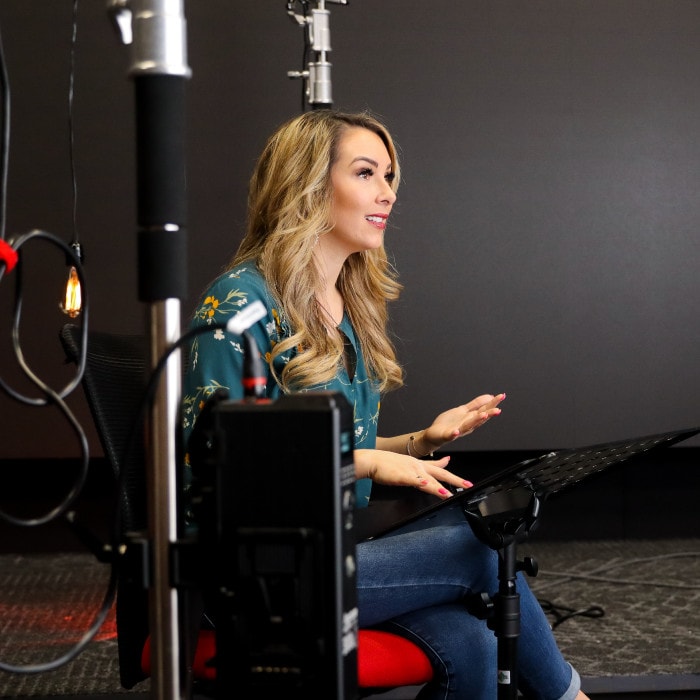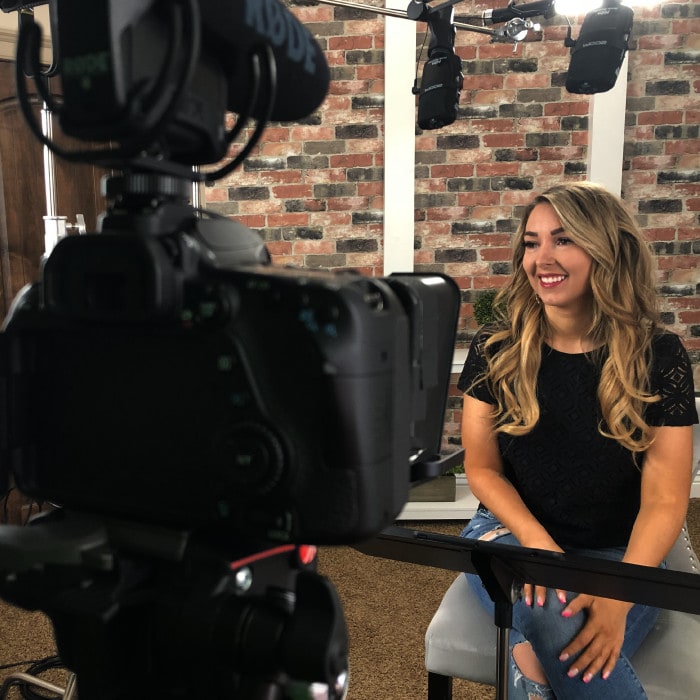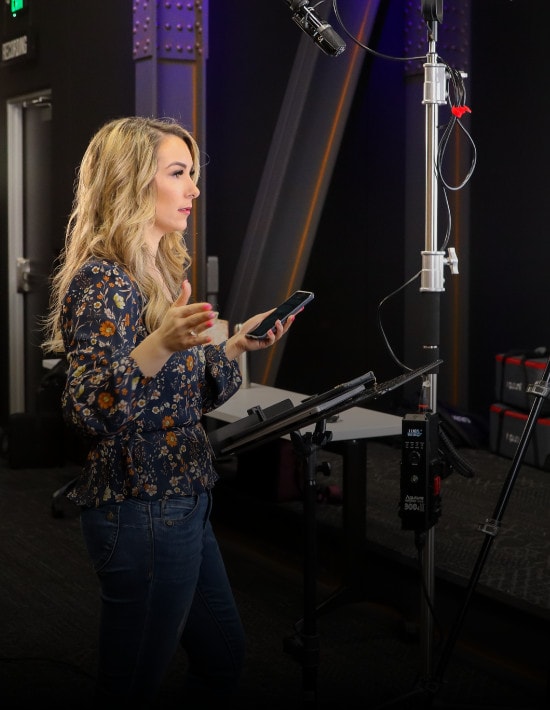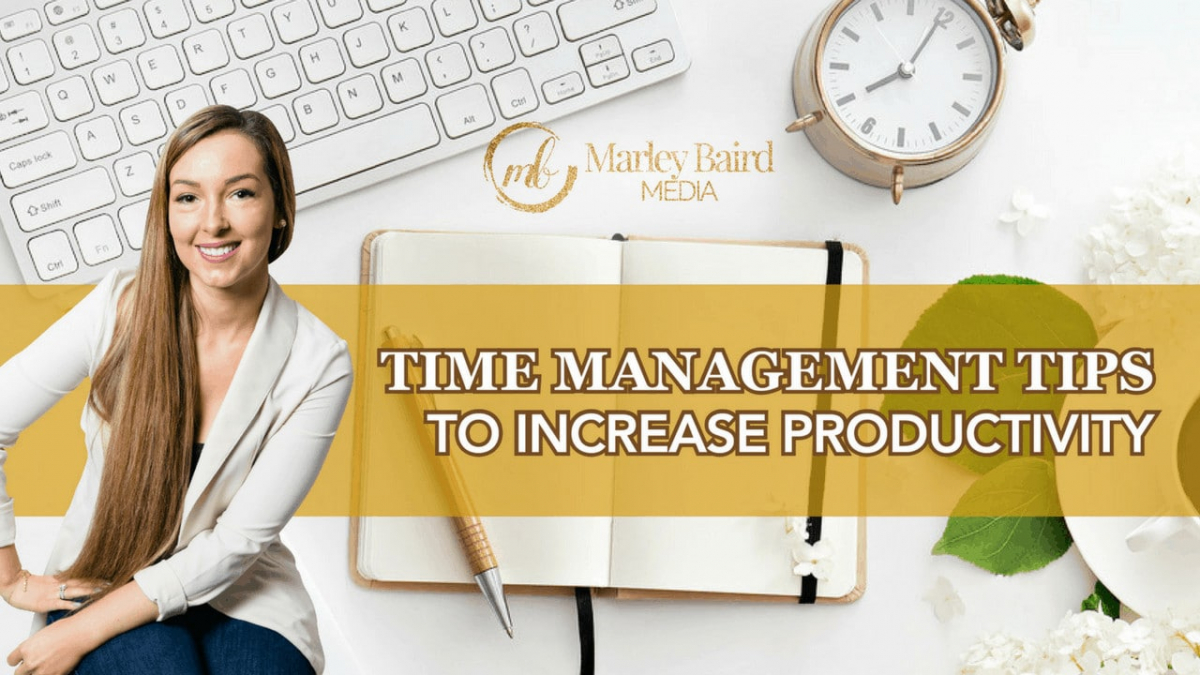Time Management Tips To Increase Productivity
There are a lot of distractions out there that hinder us from getting our work done in a good amount of time. If you’re a busy person like everyone, getting more work done in less time is an important strategy to get through all the work on your to-do list. Being proactive allows us to focus on the big picture and help us get to the next important step faster. Here are eight steps to help you become more productive, maximize your creativity and optimize your work time.
Use the Pomodoro Technique. This technique, I implemented into my regular workday and it has totally made a difference in how much I focus on the task at hand. So, here’s how you do it. Step number one, get an alarm and set it for 25 minutes. Focus on one task. If a distraction pops into your head, write it down and go back to the task at hand. After the alarm goes off, put a checkmark on a piece of paper. Consider this your tracker. If you have less than four checkmarks, take a maximum of five minutes of a break if you need it. Go back to work, focus on the task at hand and repeat the first step until you reach four checkmarks. After four checkmarks, you can take a longer 30-minute break. After the break, reset the checkmarks back to zero and repeat the process. The goal of this technique is to eliminate the impacts of interruptions and focus on your workflow.
The 888 rule. I began to implement this in the beginning of 2017. This is my personal favorite. I’ve done a few Facebook live videos about it and it has been a really big impact on my life. I’ll be honest, it doesn’t always work out every single day. Sometimes, I wanna give myself a little bit of extra sleep. Sometimes I’ve given myself a little extra me time and sometimes, I’ve had to put in more work. Ultimately, it’s about balance. The 888 rule is the intention to divide your 24 hours into three eight hour portions. Eight hours of sleep, eight hours of work and eight hours for me. The ultimate balance. When I heard of this, that I could have eight hours for me, I was like, I can do that? It makes sense. It’s all about balance.
Plan your next work day. I love this one. I do it every single night. Before I go to bed, I get to my day timer and I plan the next day. I write it down before even doing the actual work. You’re already setting up your specific goals and milestones that you wanna finish tomorrow. So, when you’re crafting your to-do list, make sure to indicate the four main tasks that you need to achieve. These are your must do’s. Then start tackling the hard tasks first. Be sure to schedule time into your day that’s non-negotiable. So maybe you schedule your gym time just like any other non-negotiable meeting that you might need to have. You can’t cancel a meeting with this client. Same with you can’t cancel your gym time because you need that. That way, you’re ensuring that it actually happens and it’s so important to give that to yourself. One of the things that I schedule into every day is one hour minimum of learning time. It’s really important to me to continue my personal and professional development, so I schedule my hour of learning time. Maybe I’m reading a book. Maybe I’m doing one of my online courses that I’ve invested into. Maybe I’m watching a documentary. It’s all about learning.
The Pareto Principle. People might say, “I’m working so hard. “I work 12 hours a day but I’m nowhere close to my goals. “I’m nowhere close to the results I want to achieve.” Well, let’s look at what you’re doing. How are you spending your time? Is what you’re doing in your eight hours a day actually bringing you closer to the results you want? The Pareto Principle is the 80/20 rule, which states that only 20% of our work produces 80% of our results. This means that you only need to focus on the important parts of your job to get the best results. Focus on the jobs that help bring value to your work more. Prioritize the high impact work now and do the less intensive jobs later.
Beat the Parkinson’s Law. According to the Parkinson’s Law, work will fill the time available for it’s completion. Don’t just focus on doing the work. Get your tasks and your projects completed. Give yourself stricter deadlines and impose a desire to get things done. A practical application is to set a timer for yourself for a small project. Allow yourself to work on the project for about one to two hours at a time. If the timer ends and you fail to finish it, you stop working on it and move on to something else. Another way is to chunk your project deliverables into smaller pieces. So if you say, “I’m gonna give myself three days “to finish this,” the rule says that you’re going to take that entire three days, but maybe if you chunk it into smaller portions and you say, “I’m gonna give myself “two hours to finish this and an hour to finish this “and an hour to finish this,” and you really focus on that, maybe it won’t actually take that three days.
Manage Energy, not just your time. When you think of work as a function of energy, as opposed to just time, you tend to accomplish tasks more intensely with less distractions. Channel your energy to activities that matter. Work in bursts. Divide your work time to complete rest and complete focus. Finish projects quickly and don’t spread it too thin within the week. If you can do it in one sitting, do it now!
Balance work with play. Working all the time lets you accomplish less, actually, and puts clutter in your head.
Time-manage your meetings. I have a love/hate relationship with meeting. I love to meet with my clients and I love to connect with them and I love to brainstorm and come up with creative ideas, but there’s also this potential that meetings can be unproductive and a colossal waste of time if they aren’t managed effectively. If you go into your meeting with no purpose, you just end up spending your time stalling decisions and creating diversions. I like to schedule my meetings at the end of the day once I’ve completed my most important tasks. Make sure the people are prepared with their discussions and with their agendas and be sure to allot a specified time per item.
Keep it simple. Focus on doing the things that matter. As much as possible, focus on the things that contribute to the success of your work and avoid spending time on the complexities. Keeping things simple will make for faster and more efficient decision-making time. By actually working for less time, you’ll be able to do the things that matter and focus on achieving success.
Striking the right balance of time and tasks is crucial to get more things done and if you need guidance, a coach is a great way to achieve your goals and make sure you’re on track.


